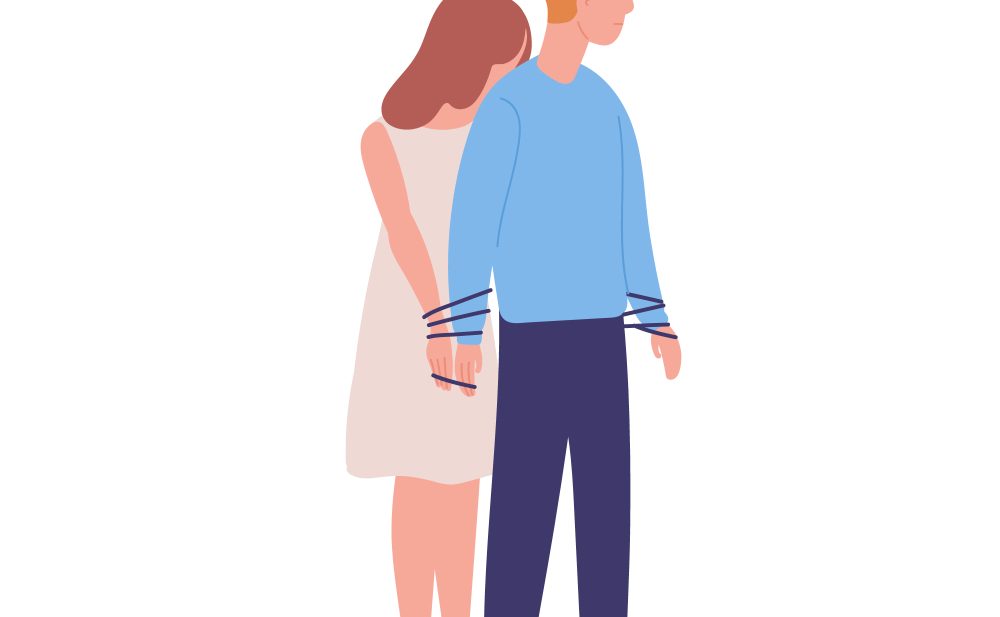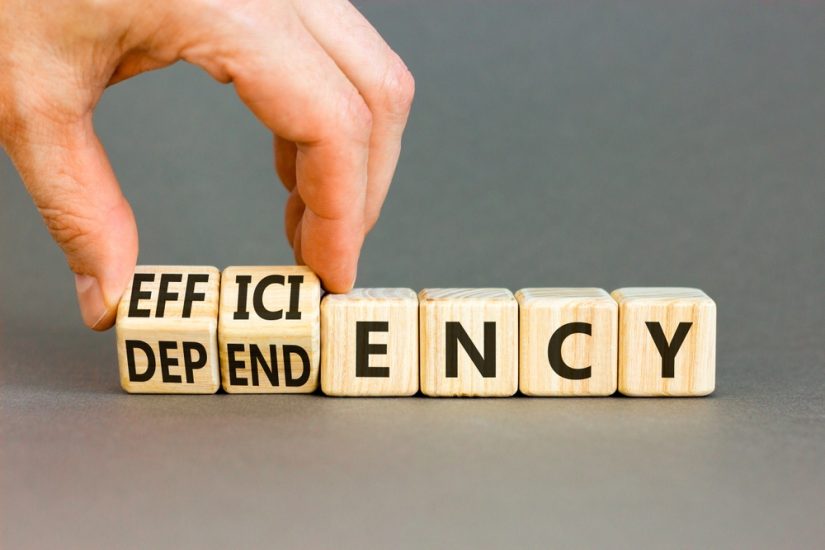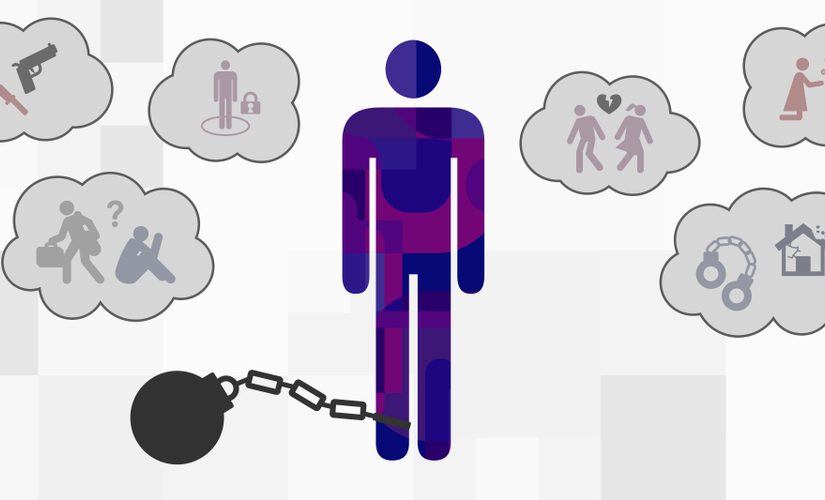- March 29, 2023
- by Shalini Murmu
- Dependent Personality Disorder
Relationships can come with their ups and downs. One may be more reliant than the other. But sometimes it can be hard to figure out whether your partner is struggling with something or whether their behavior is simply a personality quirk. If you suspect that your partner may have a dependent personality disorder (DPD), it’s important to approach the situation with empathy and understanding.
Here are some signs your partner may have dependent personality disorder:
Extreme clinginess
A defining feature of DPD is an extreme fear of abandonment, which can show as clingy behavior. Your partner may want to spend every moment with you and be unable to manage to be away. This can be draining and suffocating, and it may feel like your partner is trying to control your every move which strains the relationship.
Need for constant reassurance.
People with DPD often have very poor self-esteem and struggle with feelings of worthlessness. They may need constant reassurance from you that they are loved and valued. This can eventually wear one out and may feel like you are constantly having to prop up your partner’s ego.
Difficulty-making challenges
When one’s under the influence of DPD, they may often struggle with decision-making, as they are afraid of making the wrong choice and being rejected or abandoned as a result. Your partner may defer to you for every decision, no matter how small, and may struggle to take any initiative on their own.
Fear of disapproval
One can be highly sensitive to criticism and may be afraid of disapproval or rejection. They may go to great lengths to avoid conflict and may struggle to assert themselves or stand up for their own needs.
Lack of independence
Due to low self-esteem, one may also face difficulty to take care of themselves and may rely extensively on their partner for basic needs like cooking, cleaning, and even making appointments. This can get frustrating at times and affect the people around them.
If your partner exhibits several of these signs, it may be worth seeking help from a mental health professional and getting a comprehensive diagnosis. Get the right treatment plan and guidance for your partner and live a happier life.















